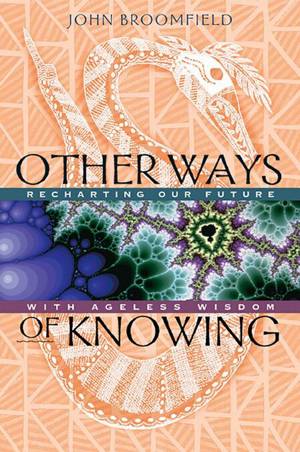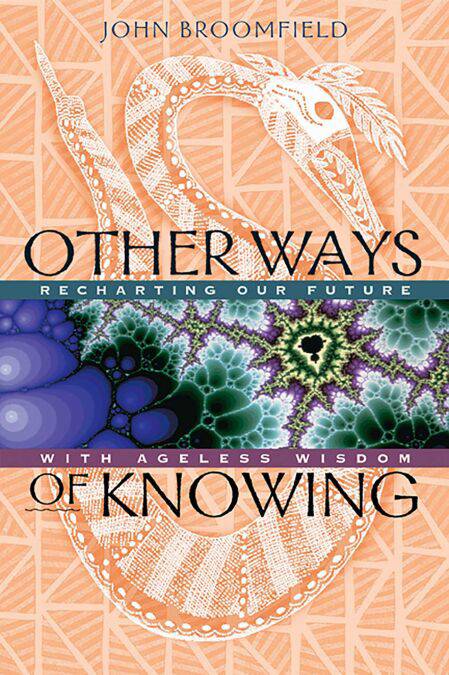
- Afhalen na 1 uur in een winkel met voorraad
- Gratis thuislevering in België vanaf € 30
- Ruim aanbod met 7 miljoen producten
- Afhalen na 1 uur in een winkel met voorraad
- Gratis thuislevering in België vanaf € 30
- Ruim aanbod met 7 miljoen producten
Zoeken
€ 16,76
+ 16 punten
Uitvoering
Omschrijving
A powerful exploration of diverse world views long ignored by the Western world that suggests possible solutions to the environmental and social problems that face us in the next millennium.
Our civilization is in crisis. Overpopulation and overconsumption have jeopardized our survival and the great promises of technology have resulted in environmental disaster. This situation, says author John Broomfield, results from the serious error the Western world makes in equating one way of knowing with all ways of knowing--mistaking a thin slice of reality for the whole. Broomfield argues that the necessary wisdom to chart a new course is available to us from many sources: the sacred traditions of our ancestors; the spiritual traditions of other cultures; spirit in nature; feminine ways of being; contemporary movements for personal, social, and ecological transformation; and the very source of our current crisis, science itself. Other Ways of Knowing shows us the wisdom of other cultures who may hold the knowledge necessary to arrest our headlong race toward destruction.
From the ancient Polynesian navigational technique of remote viewing to the formative causation theory of Rupert Sheldrake, Other Ways of Knowing examines perceptions and practices that challenge the narrow perspective of the Western world and provide answers to the complex questions that face us as we move into the next millennium.
Our civilization is in crisis. Overpopulation and overconsumption have jeopardized our survival and the great promises of technology have resulted in environmental disaster. This situation, says author John Broomfield, results from the serious error the Western world makes in equating one way of knowing with all ways of knowing--mistaking a thin slice of reality for the whole. Broomfield argues that the necessary wisdom to chart a new course is available to us from many sources: the sacred traditions of our ancestors; the spiritual traditions of other cultures; spirit in nature; feminine ways of being; contemporary movements for personal, social, and ecological transformation; and the very source of our current crisis, science itself. Other Ways of Knowing shows us the wisdom of other cultures who may hold the knowledge necessary to arrest our headlong race toward destruction.
From the ancient Polynesian navigational technique of remote viewing to the formative causation theory of Rupert Sheldrake, Other Ways of Knowing examines perceptions and practices that challenge the narrow perspective of the Western world and provide answers to the complex questions that face us as we move into the next millennium.
Specificaties
Betrokkenen
- Auteur(s):
- Uitgeverij:
Inhoud
- Aantal bladzijden:
- 272
- Taal:
- Engels
- Reeks:
Eigenschappen
- Productcode (EAN):
- 9781620550410
- Verschijningsdatum:
- 31/05/1997
- Uitvoering:
- E-book
- Beveiligd met:
- Adobe DRM
- Formaat:
- ePub

Alleen bij Standaard Boekhandel
+ 16 punten op je klantenkaart van Standaard Boekhandel
Beoordelingen
We publiceren alleen reviews die voldoen aan de voorwaarden voor reviews. Bekijk onze voorwaarden voor reviews.











